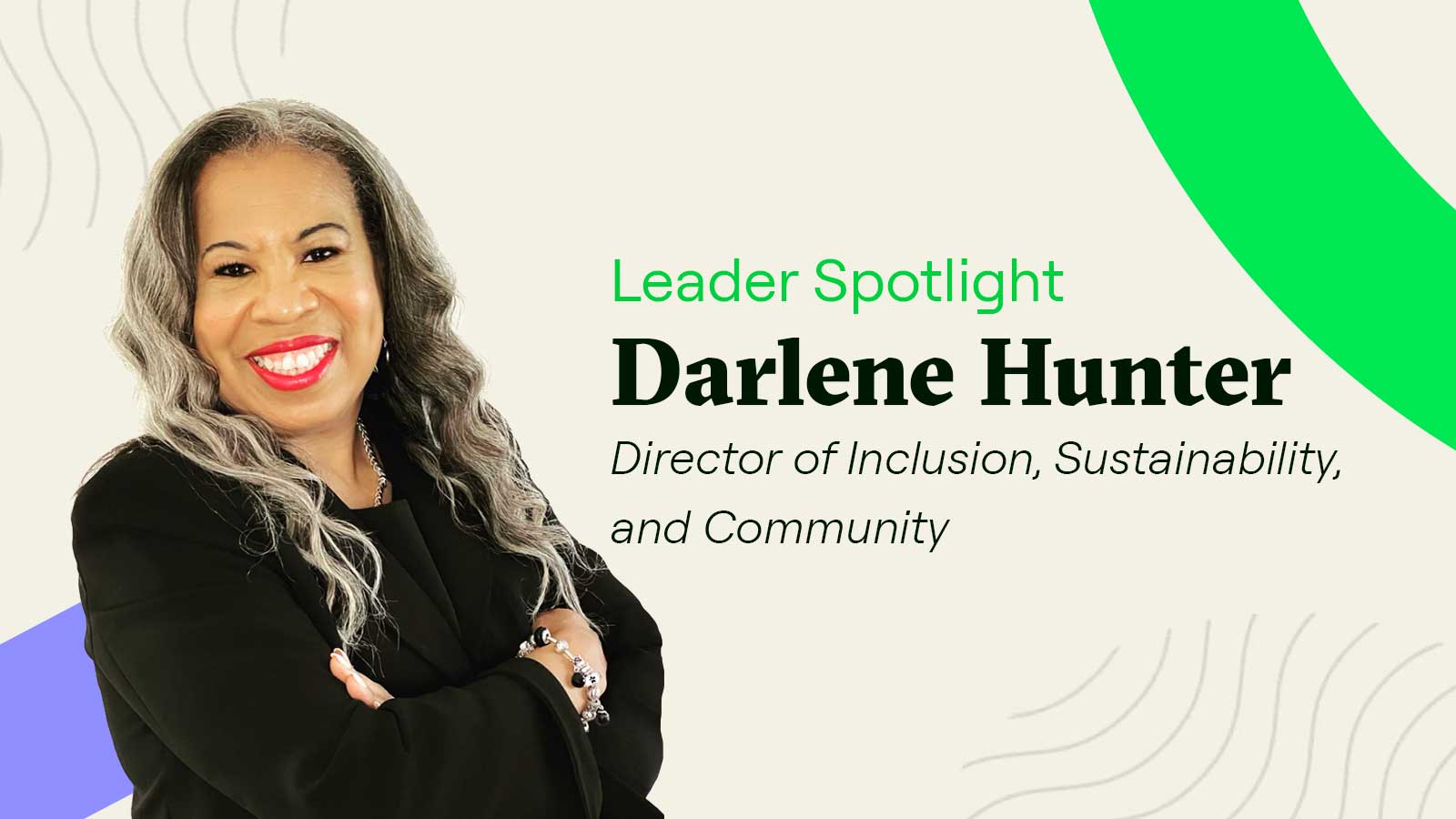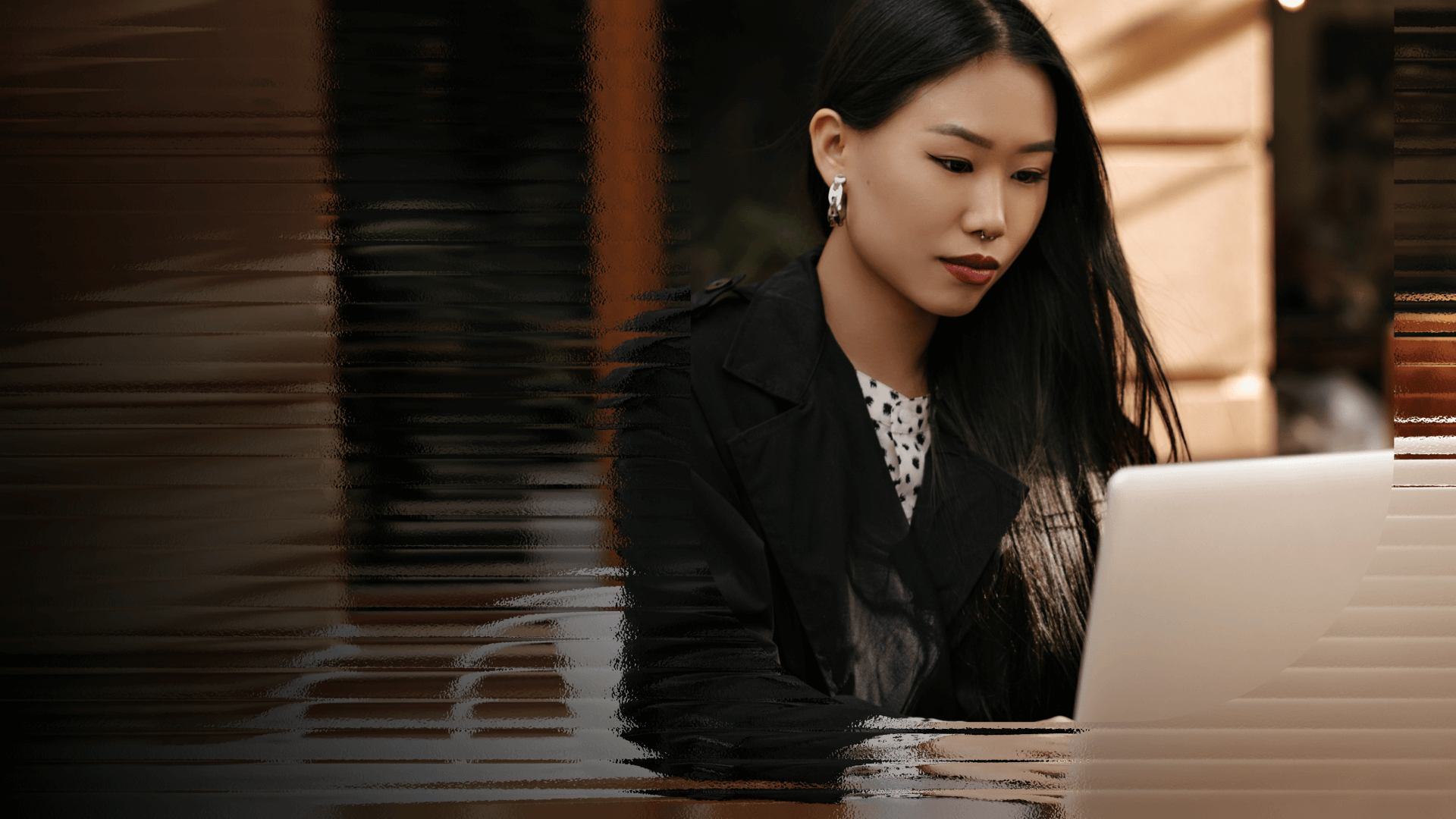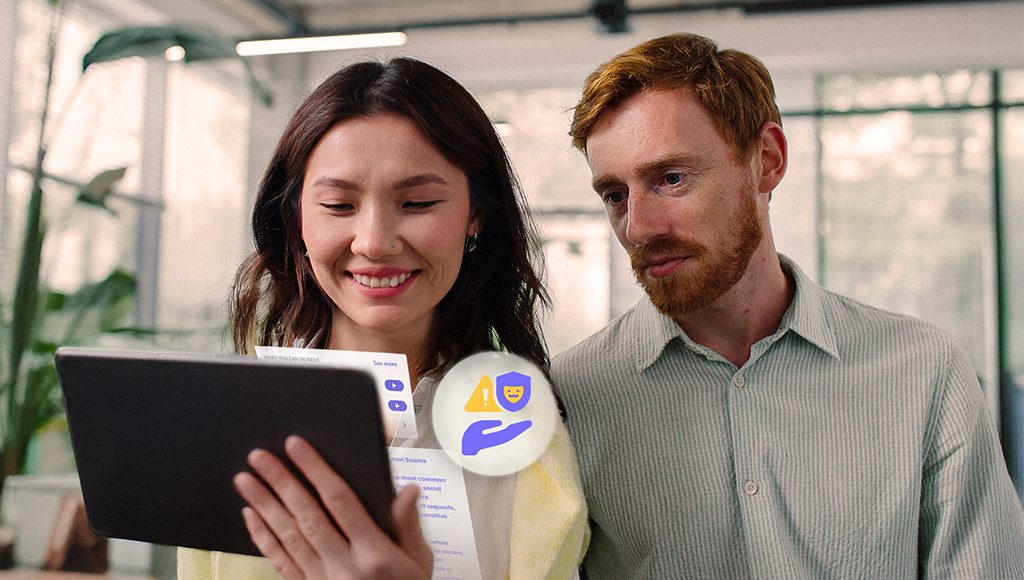Women, DEI, and the Future of the Workplace
-
IntouchCX Team

Our Director of Inclusion, Sustainability, and Community, Darlene Hunter, offers invaluable insight into the importance of diversity, equity, and inclusion (DEI) in the workplace. While this work is crucial to the everyday lives of all people, International Women’s Day offers a perfect opportunity to highlight what advancing and supporting women can do for individuals, businesses, and communities alike.
Read on for Darlene’s thoughts on empowering women in the workplace, challenges companies face when addressing DEI, and her strategy for developing a diverse and inclusive global team at IntouchCX.
Q: Why do you believe DEI is crucial for advancing women in the workplace?
DEI is critical to organizations as a whole because it drives engagement, creativity, and innovation. Although we have seen some improvement in terms of women advancing in the workplace, there is still much work to be done. Women are underrepresented in key leadership roles within organizations. DEI helps shine a light on gender disparities in the workplace and promotes opportunities for a more inclusive work environment.
Q: What are the major challenges companies face when starting a DEI initiative?
DEI work presents many challenges at all levels, including starting initiatives within the workplace. Identifying goals and metrics to measure progress are among the biggest difficulties that organizations encounter. Other challenges include a lack of support and funding from executives, understanding the critical areas that need to be addressed, providing training courses and resources that produce real change, and the bottlenecks and barriers that prevent real progress from being done.
Q: What have you learned as a DEI leader?
As a leader in the DEI space, I have learned that it is important to remember what I am trying to achieve, what the work means on a larger scale, and why it is necessary. It requires commitment, dedication, and a willingness to keep going despite the challenges. Additionally, I have learned DEI work takes time – there are no shortcuts or even a finish line. The work is ongoing and must be strategic and intentional. I have also learned that I will not get everything right. I must accept failure when it happens, learn from my mistakes, then plot a different course of action.
Q: How can women leverage their strengths to grow their careers?
I am a firm believer in “each one, teach one,” which means we as women have the responsibility to share knowledge and experiences with one another, and to teach other women how to take their career to the next level. By doing so, we empower each other, building a strong coalition of successful women across all spectrums.
Q: What advice would you give women wanting to enter leadership roles but aren’t sure where to start?
Having confidence in oneself is essential to achieving goals and aspirations. I believe women can do anything they set their minds to do, including fill a leadership role. If they are not sure where to start, they should work with a mentor, ask questions, read books, watch videos, take classes, and find any means necessary to learn more about the role and what is required. Once they gain an understanding about the role they want, they can seek to fulfill the requirements and persevere until they have accomplished their goal.
Q: What’s your strategy for developing a diverse and inclusive global team?
My strategy for developing a diverse and inclusive global team involves learning and understanding that every country has a history of systems, mindsets, and exclusions that has allowed or permitted some form of marginalization for groups of people. An important task is to uncover and better understand the history of marginalization among our global teams. It is critical to understand how diversity and inclusion is identified and defined throughout our global communities and create a strategy that will address the needs of the underserved and underrepresented.
Q: How can women achieve harmony in their professional and personal lives?
Harmony is defined as “the compatibility and accord in actions, relationships, and feelings,” indicating a balance between strong forces that impact and at times clash with one another. Our professional and personal lives are two forces that women must learn how to balance, as they are both critical to our health and well-being. Achieving harmony involves setting boundaries, making time for yourself, asking for help, doing what you love, and understanding you do not have to be a superwoman all the time.
Q: What are you excited about right now?
I am excited to work for an organization that has made diversity, equity, and inclusion a focus and priority. I am excited about life in general, seeing my family flourish, being a grandmother and doing what I love to do, which is having the opportunity to make a difference in the lives of people all around the world.















